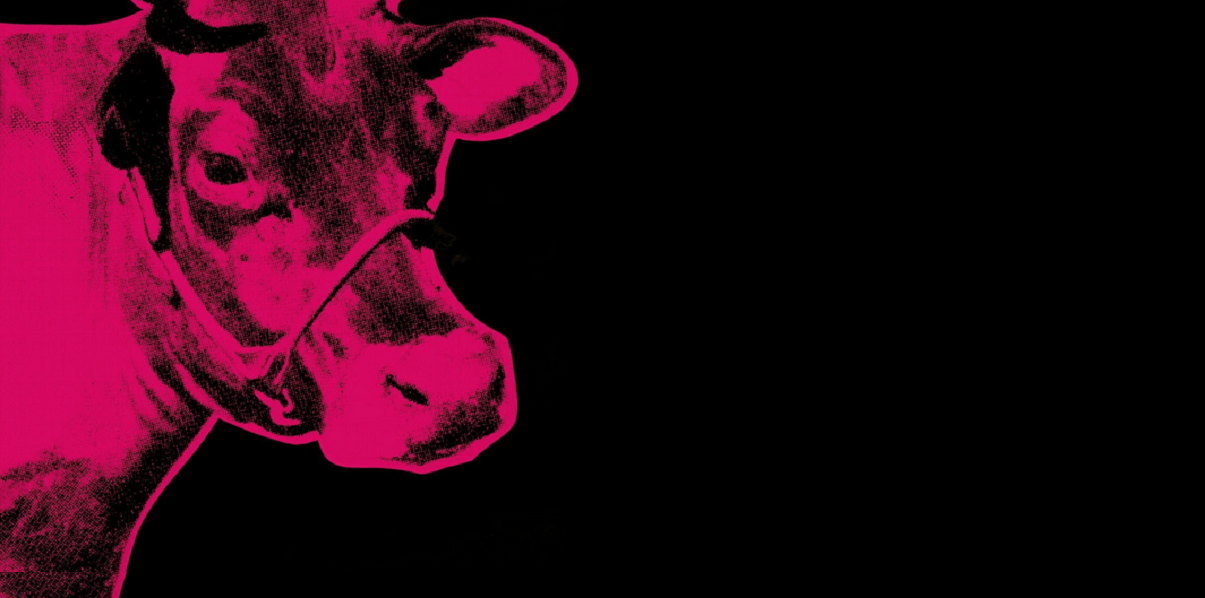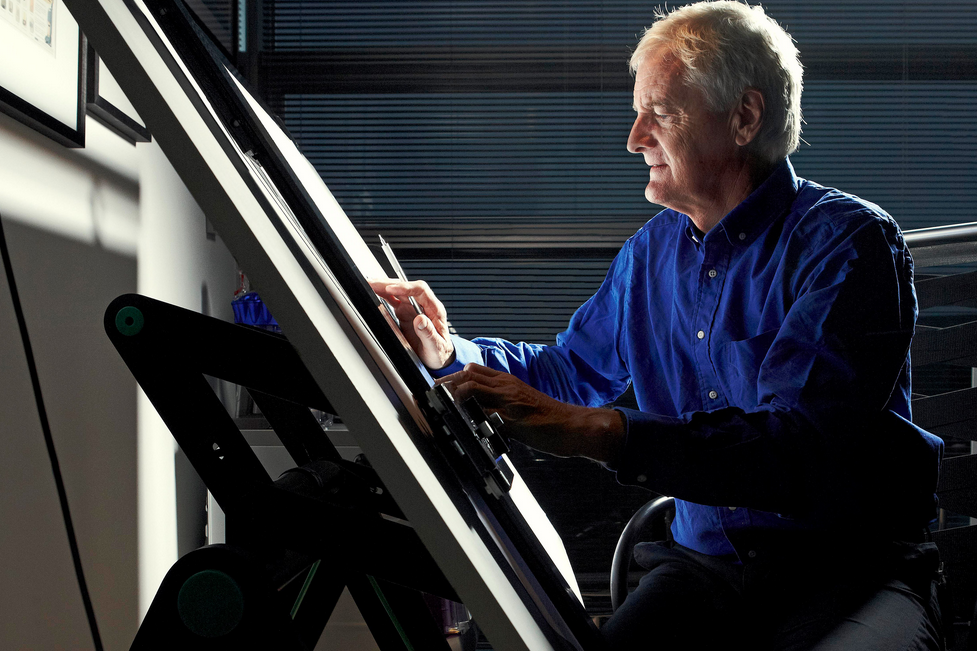Why Good Is Actually The Enemy of Great
Posted in: Business
"Good job." We hear these words everyday, at home and in the workplace.
Parents say it to their kids. Bosses say it to their employees. Hell, even I say it to myself from time to time. But I have a confession to make: I don't ever want to say those words again.
I know, it sounds dramatic, but I don’t care.
“Good job” doesn’t communicate “do the best damn work of your life!” Instead, it encourages mediocrity. And let’s be honest, “ain’t NOBODY got time for that”. Look... I love to give and even receive praise as much as anyone. But I want to push people to do something that isn’t just good, but something that’s f’n AMAZING.
If you’re not following me, here’s a real-life example that might help you understand where I’m coming from...
A real-life example of “good” vs. “great”
Why do we remember the world's greatest inventors? Because while everyone else was OK with what “worked”, these risk-takers dared to find something that worked even better. Any good inventor knows that when an idea exists, there is always a way to disrupt it. By challenging conventional wisdom, something game-changing can always happen. Here's a recent example, using a home appliance we all grew up with: the vacuum cleaner.
Ah, the vacuum cleaner. People had been tinkering around with the idea for a while, but it really took off in the early 20th century. By 1920, it had the familiar features of a suction and a bag. It was given the name “Hoover” and it... worked. It was a good product that was widely used by many.
But it wasn't good enough for British inventor, James Dyson. He found that over the vacuum’s lifespan, the suction power diminished. And every time you changed the bag, you got dust everywhere (defeating the whole purpose). So he tinkered with it, and tinkered some more, till - 5,000 prototypes later - he invented the dual cyclone, bagless vacuum cleaner. His invention meant no loss of suction and, even better, no bags to change!
But, you know the problem with people that accept "good enough"? They don't like change. So, Dyson had to work his butt off to sell his new product. He got into a lot of debt and he got rejected, but he kept going until he found success. By 2005, his new design was the best seller in the market. Just think - if he'd left the vacuum cleaner alone, we'd still be using vacuum cleaners with bags (and probably complaining about it).
Being “great” is a commitment, not a habit
Dyson's story also shows something else – that being great is a choice and it takes commitment. Anybody can make a cosmetic change to the same old crap that's been there for years and pretend that it's new.
But what's the point of that? Who wants to be a brown cow when you could be a purple one? In the words of Seth Godin, "Either be invisible, uncriticized, anonymous, and safe... or take a chance at true greatness, uniqueness, and the Purple Cow. "
Being a Purple Cow is all about leadership and greatness. If you really want to know how to be great, check out one of my personal favorite books of all time: Good to Great: Why Some Companies Make the Leap...and Others Don’t by Jim Collins, or get the skinny in this video:
I love this guy's blueprint for achieving greatness. In this video, he says: "The vast majority of companies never become great, precisely because the vast majority become quite good – and that is their main problem."
The day I settle for being good is the day I settle back in a rocking chair with my pipe and slippers. Not. Gonna. Happen. I don't want to be good, or even very good. Hell no, I want to be great. And, I want to help others around me be great, too. That's why one of our Hello Innovation core values say:
“To us, great isn’t a destination, it’s a starting point. When we hit a homerun on a project, we don’t celebrate…we find a way to make it even better. We’re the obsessive type who won’t ever settle for good...”
So, tell me in the comments below, what are you going to do to be great today?
























